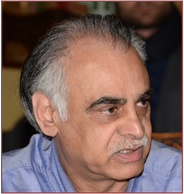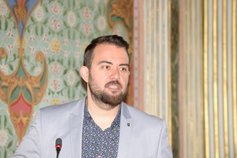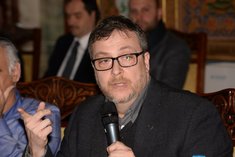Theme: Futures of American Muslims
August 6-7, 2016
Course Architects: Ziauddin Sardar, John Sweeney and Jordi Serra
Why is it important to have an appreciation of what the future may bring? How do we think about and study alternative futures? This workshop explores these questions and provides rigorous training in futures and foresight methods with hand-on experience. The goal is to see how we can use some of these methods to throw light on the plight and problems of Muslim societies and work towards viable strategies to navigate the next decades. The focus in this workshop will be on the future(s) of Muslims in the United Sates.
Saturday 6 August
10.00-10.05 Opening and Welcome
10.05-10.30 Why Think About the Future
10.30-11.00 Four Metaphors Exercise
11.00-1.00 Introduction to Futures Studies
1.00-2.00 Lunch
2.00-6.00 Trend Analysis, Emerging Issues and Scenario Planning (Group work)
Sunday 7 August
10-11.00 Introduction to Visioning and Backcasting
11-1.00 Visioning Exercise (Group Work)
1.00-2.00 Lunch
2.00-5.00 Backcasting (Group work)
5.00-6.00 Where Now?



